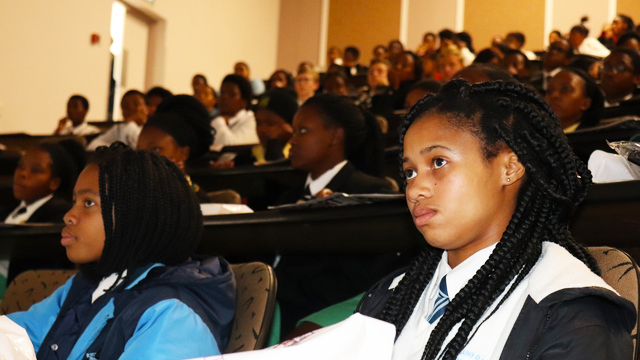
By Prega Govender, Sunday Times
Educational psychologists described the widely used IQ test, Senior South African Individual Scales-Revised (SSAIS-R), as obsolete and not relevant to children growing up in the 21st century.
One of its limitations is that it does not contain normative data for black Africans. Yet it is still being regularly administered to identify learning disorders and to determine concentration and attention problems because there is no local alternative. The Educational Psychology Association of SA is advising psychologists not to use the test to determine a pupil’s scholastic ability.
Concerns over the use of the test were raised during its annual conference. The test, which has been used since the early ’90s, has not been updated. It was developed in 1964 and “normed” on English and Afrikaans-speaking white children. It was revised in 1992 when pupils from white, coloured and Indian schools were included.
According to research by a Wits University master’s student in 2017, at least 60 of 127 educational psychologists surveyed most frequently used the SSAIS-R while 41 used the UK’s Wechsler Intelligence Scale for Children (WISC-IV). The latest edition of the Wechsler test costs R35,630, a one-off fee.
Educational psychologist Tumi Diale, head of the University of Johannesburg’s department for educational psychology, said four of the 11 sub-tests in the IQ test should be revamped. These sub-tests include vocabulary, comprehension, similarities and missing parts. Diale questioned the context of questions, such as hunting and fishing in the comprehension sub-test. “As a black girl, I have never gone fishing or hunting,” she said.
She said modern electronic equipment such as cellphones, laptops, iPads and television sets did not feature in the tests. Like many other universities in SA, Diale’s department was “unfortunately” still using and training students on the SSAIS-R “because this is the test that is at least closer to the context we are in”.
The psychology association’s chair, Vanessa Gaydon, said the content of the test was “outdated and Eurocentric”' and that the pictures were “inappropriate and not contemporary”.
Professor Ann Shuttleworth-Edwards of Rhodes University said the main norms of the test “still predominantly pertain to white, socioeconomically and educationally advantaged children”. She said the second set of norms covered white, Indian and coloured children but not black African first-language children. “The bottom line is that both sets of the SSAIS-R norms will produce errors of interpretation that can have far-reaching implications.”
Johannesburg educational psychologist Melanie Hartgill said many of her peers were still using the South African IQ tests because the overseas ones were expensive. “What is needed is for teams of psychologists and psychometrists to norm the new overseas tests and test them in the SA sitaution,” she said. The Professional Board for Psychology warned the test, “due to its outdated normative data, poses the risk for misdiagnosis”.

